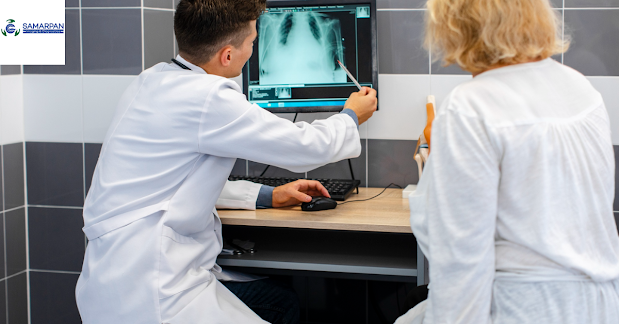When it comes to medical imaging, both MRI (Magnetic Resonance Imaging) and CT (Computed Tomography) scans play a crucial role in diagnosing a wide range of conditions. While both provide detailed images of the body's internal structures, they differ in technology, applications, and advantages. If you're looking for an MRI center in Indore, it's helpful to understand the key differences between MRI and CT scans to know which might be the right choice for your specific medical needs.
1. Technology Used
The primary difference between MRI and CT scans lies in the technology they use to generate images. An MRI scan uses strong magnetic fields and radio waves to create detailed images of organs, tissues, and bones. It is particularly effective for soft tissues, such as the brain, muscles, and ligaments. On the other hand, a CT scan uses X-rays to create cross-sectional images of the body. CT scans are faster and are often used to detect bone fractures, tumors, and internal bleeding.
2. Radiation Exposure
One of the significant differences between MRI and CT scans is the radiation exposure involved. CT scans use ionizing radiation, which can be a concern if repeated exposure is necessary. In contrast, MRI scans do not use any radiation, making them a safer option, especially for patients requiring multiple imaging tests or those with concerns about radiation exposure, such as pregnant women.
3. Best Uses
An MRI is ideal for examining soft tissues in detail, making it the preferred choice for diagnosing issues related to the brain, spinal cord, joints, and muscles. It's often recommended for detecting conditions like multiple sclerosis or torn ligaments. A CT scan, however, is more commonly used for evaluating bone injuries, lung conditions, or detecting cancers. It is also the go-to method in emergency situations due to its speed in providing results.
4. Scan Duration
MRI scans generally take longer than CT scans. An MRI can last from 30 minutes to over an hour, depending on the area being examined. In contrast, a CT scan is much quicker, usually completed within 5-10 minutes.
In conclusion, both MRI and CT scans have their advantages based on the type of diagnosis required. If you're considering an MRI center in Indore, be sure to consult with your doctor to determine which scan is most appropriate for your condition.

.png)


Comments
Post a Comment